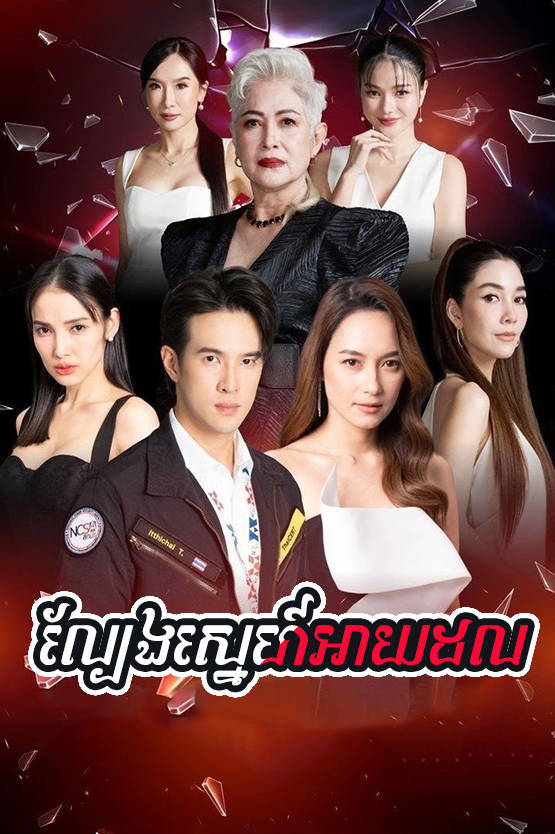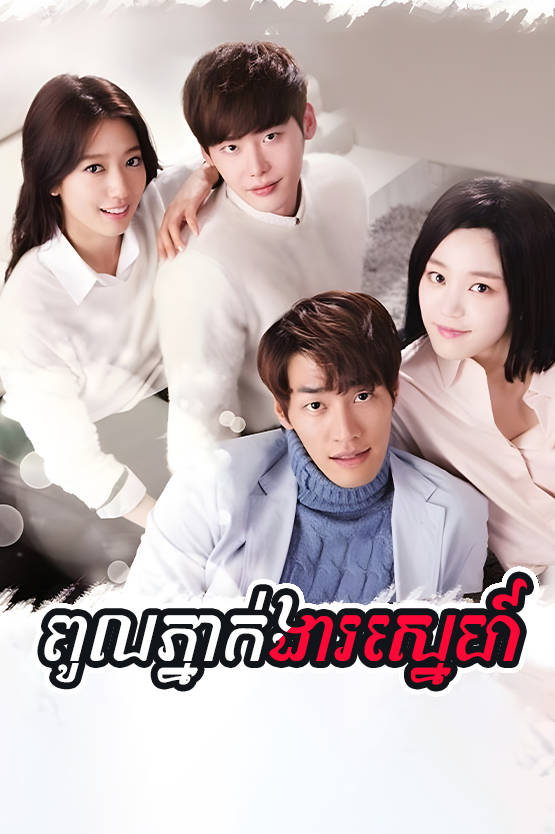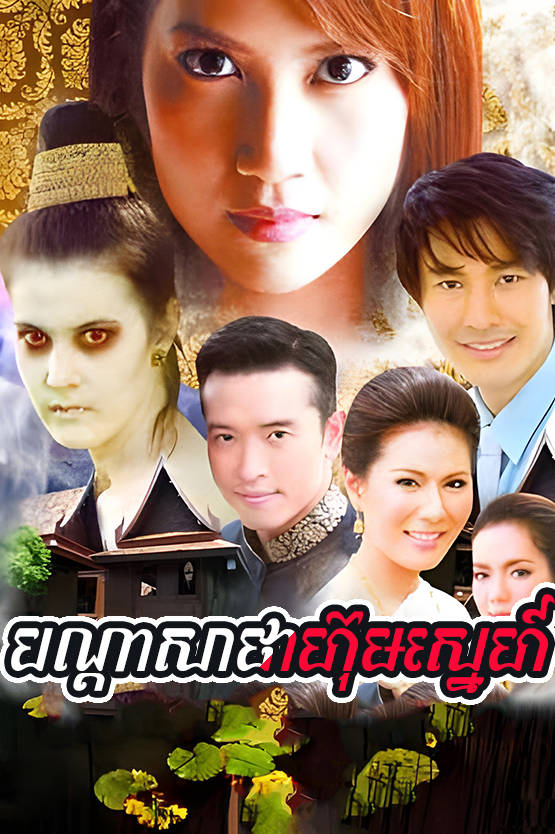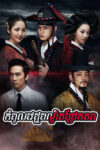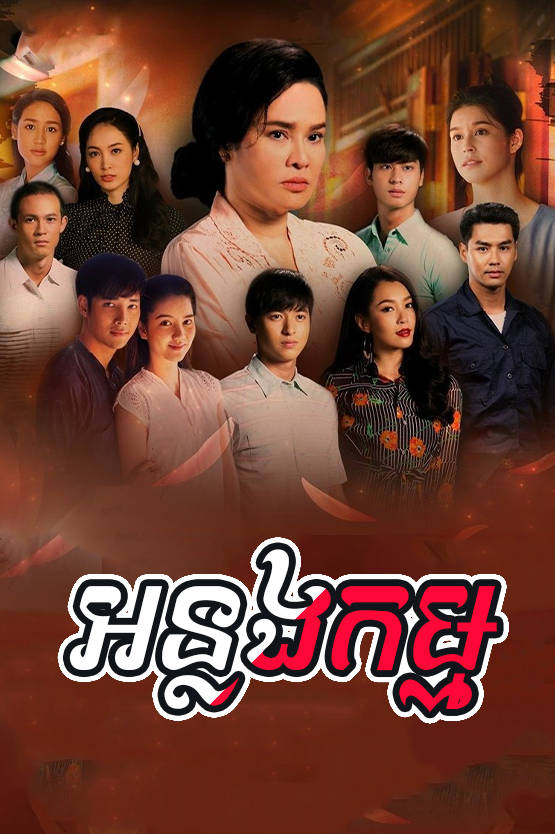Kompoul Vejeak Bondit Jrek Phop
In the rich landscape of Korean dramas, Time Slip Dr. Jin (2012) offers a unique blend of historical depth and medical intrigue. Calmly weaving together threads of time travel, ethical dilemmas, and emotional growth, this drama stands out not with flashy gimmicks, but with a heartfelt exploration of duty, identity, and change.
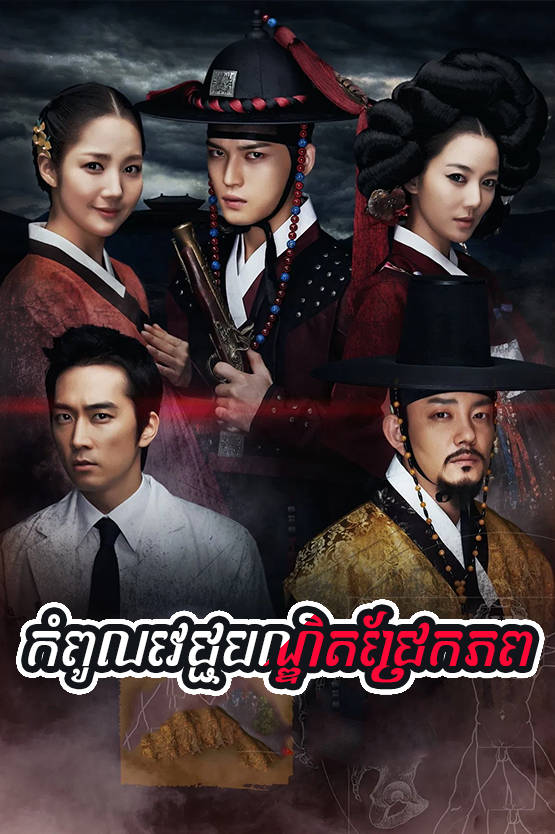
A Glimpse into the Plot
At the center of the story is Dr. Jin Hyuk (played by Song Seung-heon), a brilliant but emotionally reserved neurosurgeon in modern-day Korea. Following a mysterious encounter, he is transported back to the Joseon Dynasty, where medicine is primitive, and lives are dictated by tradition, politics, and class.
Faced with unfamiliar tools and outdated medical knowledge, Dr. Jin is forced to innovate, adapt, and, most importantly, reevaluate his own beliefs. His advanced skills make him both a savior and a threat in the past, leading to tension and curiosity among the people he meets. The past begins to influence his present?not only medically, but emotionally and morally.
Characters That Leave a Mark
One of the strengths of Time Slip Dr. Jin lies in its characters. Dr. Jin Hyuk undergoes a compelling transformation as he learns to balance modern science with the wisdom and limitations of the past.
Park Min-young shines in her dual roles as Yoo Mi-na (his girlfriend in the present) and Hong Young-rae (a noblewoman in Joseon). Her characters offer emotional anchor points for Jin, as well as different reflections of womanhood in two very different eras.
Lee Beom-soo, as the ambitious and calculating Lee Ha-eung (later the Daewongun), delivers a nuanced performance that adds political complexity to the narrative. His journey from reluctant royal to powerful leader is a subplot that adds both weight and intrigue.
Themes That Resonate
What makes Time Slip Dr. Jin quietly captivating is its reflective nature. The drama doesn?t rush through its storyline; instead, it gives time for the audience to contemplate deeper questions:
-
What does it mean to heal someone?not just physically, but emotionally?
-
Can knowledge from the future change the past, or does the past reshape the person carrying that knowledge?
-
Is scientific advancement always a blessing, or can it be a burden when ethics lag behind?
These themes are explored with care, often framed by quiet moments of introspection and character-driven dialogue.
Visuals and Atmosphere
The series makes effective use of its historical setting. The contrast between modern surgical rooms and the candle-lit, austere surroundings of Joseon medicine is striking. Costumes, set design, and period-accurate customs are portrayed thoughtfully, helping viewers feel immersed in the time period without overwhelming them with too much grandeur.
The pacing is deliberate, allowing moments of tension and resolution to breathe. It’s not a drama that demands urgency?it invites reflection, and that?s where its beauty lies.
Final Thoughts
Time Slip Dr. Jin may not be the loudest or most talked-about time-travel drama, but it possesses a quiet strength. It’s a story of compassion, change, and the timeless duty of a doctor to heal. It reminds us that while technology can push the boundaries of possibility, the true essence of medicine?and life?lies in empathy and understanding.
For viewers seeking a drama that combines history with heart, science with soul, and personal growth with ethical contemplation, Time Slip Dr. Jin offers a rewarding watch. Calmly compelling and quietly profound, it lingers long after the final episode.

